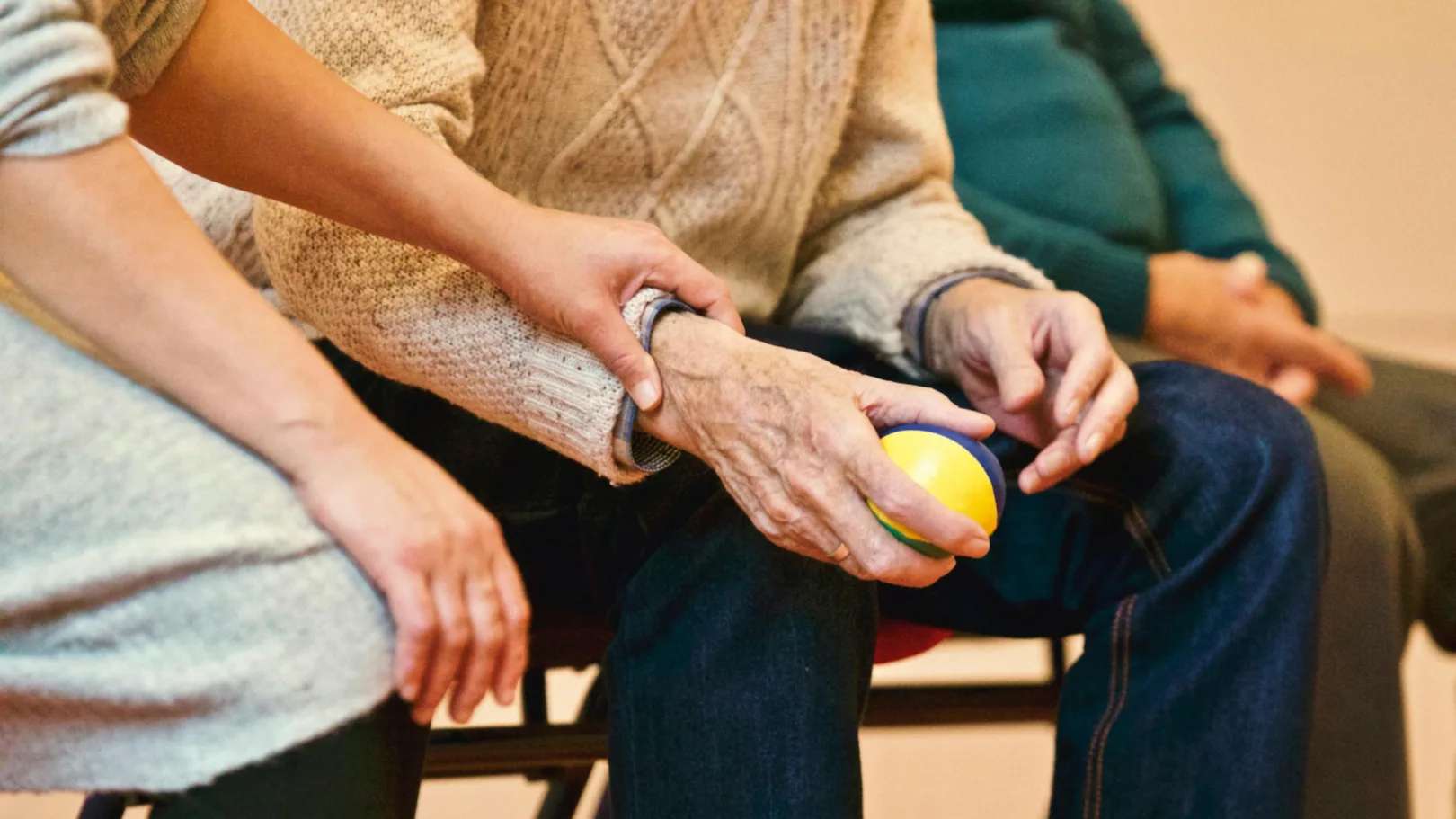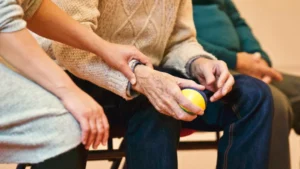Elderly home care is crucial for helping seniors maintain their independence and dignity in the comfort of their own homes. The daily routine of a caregiver involves a variety of tasks tailored to meet the unique needs of the seniors they care for. This article delves into a detailed exploration of a home caregiver’s daily life, highlighting the personalised care and unwavering attention necessary for ensuring the well-being of seniors.
Morning Routine: Setting the Tone for the Day
The day of an elderly home caregiver usually begins early. Mornings are busy and involve assisting patients with their morning routines such as:
- Personal Hygiene: Helping with bathing, dental care, and grooming to start the day fresh.
- Dressing: Assisting in choosing appropriate attire for comfort and weather suitability.
- Medication Management: Administering morning medications to effectively manage health conditions and prevent complications.
Breakfast and Morning Activities
After the morning routine, it’s time for breakfast. Caregivers prepare nutritious meals tailored to the patient’s dietary needs considering conditions like diabetes or hypertension. Following breakfast, caregivers engage seniors in activities such as:
- Physical Exercises: Including light exercises or therapy to maintain mobility and strength.
- Mental Stimulation: Involving activities like puzzles, reading, or crafts to keep cognitive faculties active.
- Social Interaction: Encouraging conversations and companionship to combat feelings of isolation.
Midday: Continued Care and Vigilance
Caregivers continue to fulfil the patient’s needs throughout the day, including tasks such as:
- Meal Preparation: Crafting a nutritious lunch based on dietary preferences.
- Household Chores: Tending to light housekeeping tasks for a safe living environment.
- Medical Appointments: Accompanying seniors to appointments and aiding in understanding doctors’ directions.
Afternoon: Personalised Care and Activities
Afternoons focus on the senior’s interests and activities, such as:
- Encouraging Hobbies: Supporting hobbies like gardening, knitting, or watching TV.
- Outdoor Time: Weather permitting, activities like garden strolls provide a change of scenery.
- Ensuring Rest: Creating a comfortable setting for seniors to relax and nap.
Evening Routine: Preparing for the Night
As the day winds down, caregivers assist with tasks like:
- Dinner Preparation: Serving a nutritious dinner aligned with dietary needs.
- Medication Oversight: Administering evening medications and record-keeping.
- Personal Hygiene: Helping seniors prepare for bed and change into night attire.
Night: Ensuring Safety and Comfort
Before the shift ends, caregivers ensure patients are safe and comfortable for the night by:
- Security Checks: Ensuring doors and windows are secure.
- Night-time Care: Providing overnight care or transitioning responsibilities to a night caregiver for continuous monitoring.
A day in the life of an elderly home caregiver involves providing customised care to meet the unique needs of each senior, from morning to evening. Caregivers play a central role in improving the quality of life for seniors, ensuring health, safety, and contentment. By offering tailored care and companionship, elderly home caregivers empower seniors to maintain autonomy and dignity in their beloved homes.





